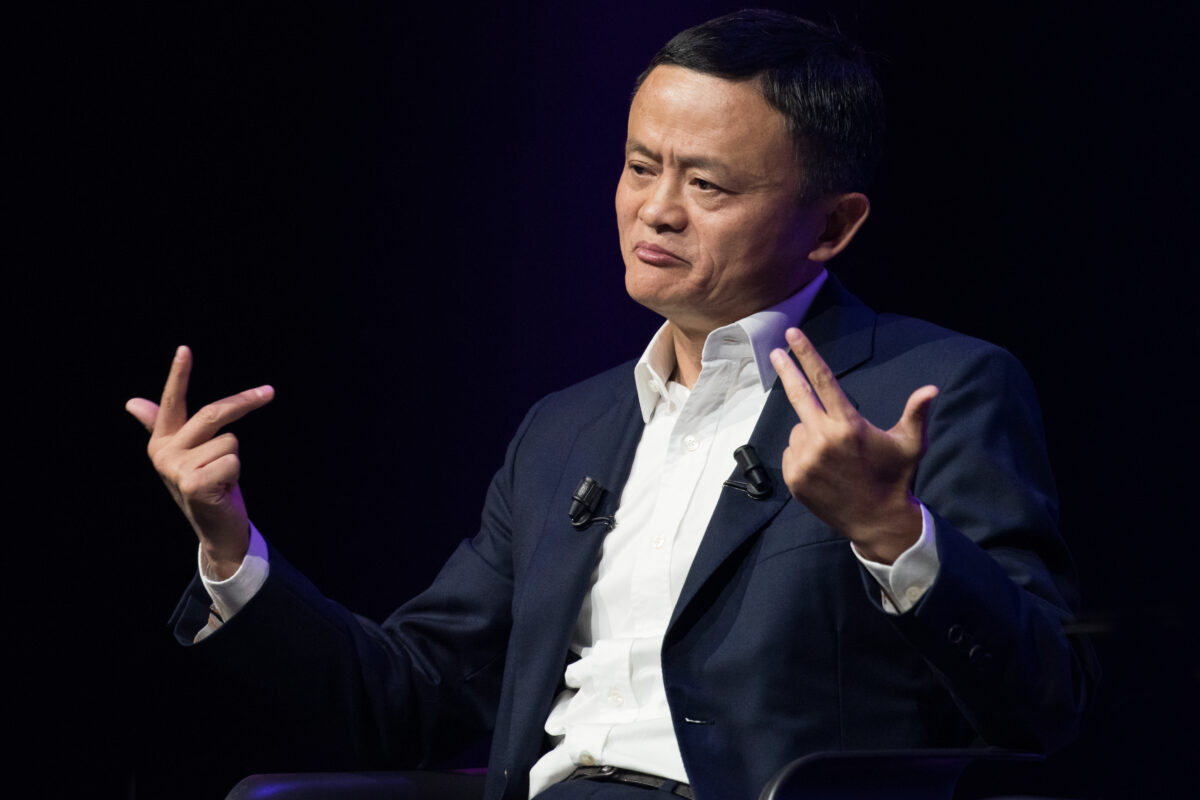TLDR;
- A longtime Alibaba employee raised pointed concerns about internal dysfunction, prompting Ma’s calm and respectful response.
- The exchange comes as Alibaba aggressively pivots to AI, highlighting internal growing pains amid transformation.
- Ma’s involvement, despite retirement, reaffirms his continued cultural influence over Alibaba and beyond.
Jack Ma’s reply to a resignation letter from a senior Alibaba employee has sparked an unusually candid conversation in China’s tech industry.
On Wednesday, the former executive, who worked on Alibaba’s DingTalk platform, publicly shared his departure letter within the company’s internal forum. In it, he criticized the company’s strategic ambiguity, missteps in acquisitions, and opaque hiring and promotion practices.
His words reflected both affection for the Alibaba of old and frustration with what he termed “big company disease,” a phrase often used in Chinese corporate circles to describe bureaucratic bloat and innovation fatigue.
Jack Ma’s Voice Still Resonates
Though Ma formally stepped down as chairman in 2019 and ceased holding official positions shortly after, his response to the letter reminded many of his enduring role as Alibaba’s spiritual compass. In a brief but gracious message, he thanked the employee for his service and acknowledged the complex nature of the company’s evolution.
In the the comment, shared on Alibaba’s internal site, Ma likened corporate change to personal growth, noting that Alibaba is still finding its way through transformation. This gesture, while subtle, reignited public fascination with Ma’s ability to influence the company’s tone even in absence.
Internal Friction Meets External Change
The resignation comes at a time of high-stakes transformation for Alibaba. Once a paragon of e-commerce success, the company is repositioning itself in the AI race. Just last week, Alibaba unveiled the Qwen3 Embedding series, a multilingual open-source AI tool that supports over 100 human and programming languages.
This follows an ambitious $52 billion commitment over three years toward AI development. Company leaders have described AI as the future core of Alibaba’s business model. However, cultural lag between that vision and internal realities may be feeding discontent. Critics say that while the tools and investment are futuristic, parts of the organization remain stuck in legacy mindsets.
A Mirror for China’s Tech Giants
Notably, Ma’s response and the resignation letter have touched a nerve far beyond Alibaba. In a landscape where tech titans often face growing regulatory pressure and struggle to maintain their early innovation edge, the exchange serves as a mirror.
The dilemma is not unique to Alibaba. Many Chinese tech firms have expanded at breakneck speed, only to encounter growing pains that include hierarchical rigidity, risk aversion, and dwindling employee morale. This episode reopens broader questions about how companies can scale without losing their startup spirit.
That said, as the Chinese tech industry watches Alibaba’s next moves, Ma’s reappearance reminds observers that founder influence, even when informal, still shapes how corporate culture evolves Meanwhile, whether or not Alibaba fully addresses the concerns raised, Ma’s brief message has already done something powerful. It made the conversation unavoidable.







